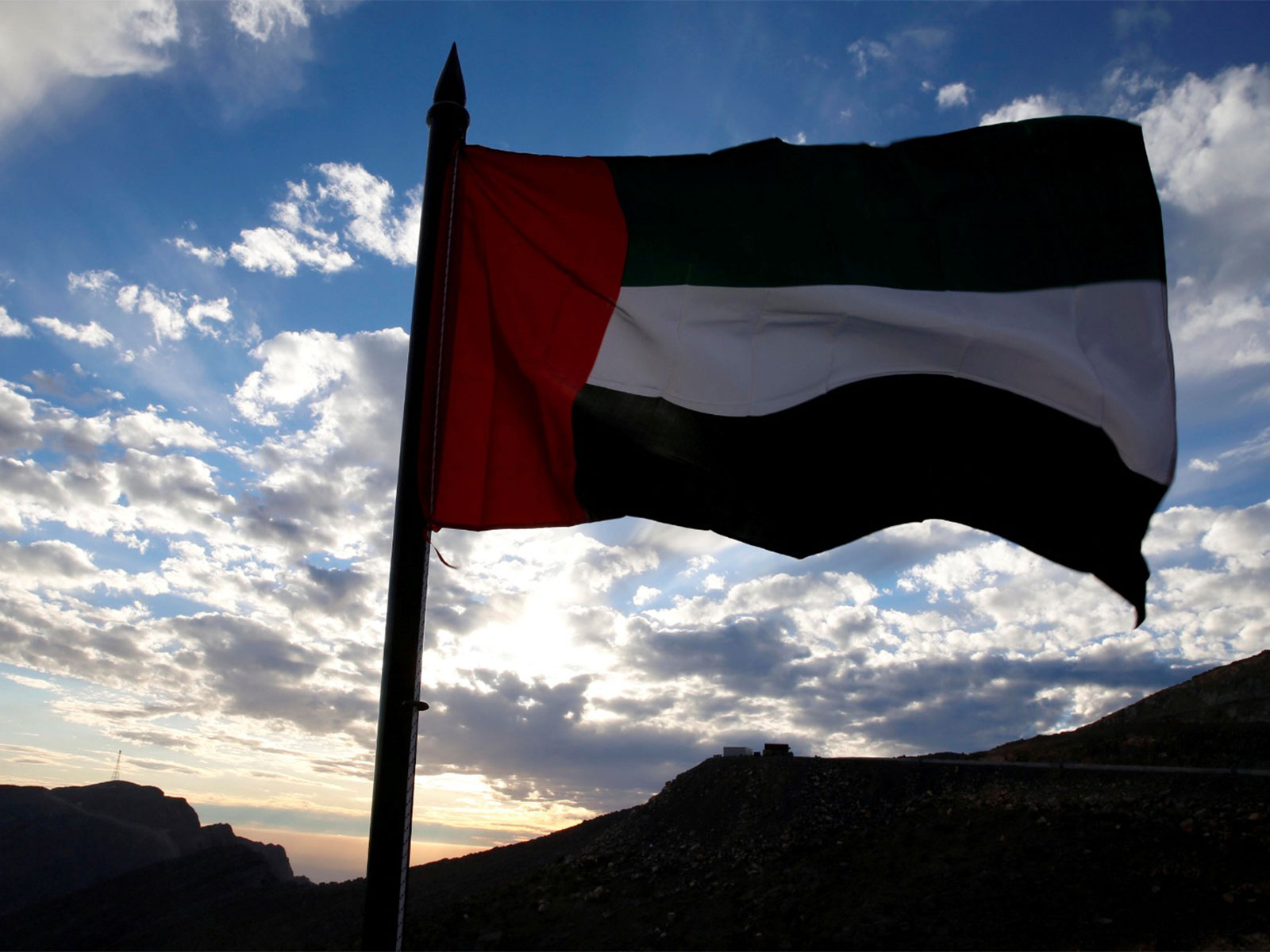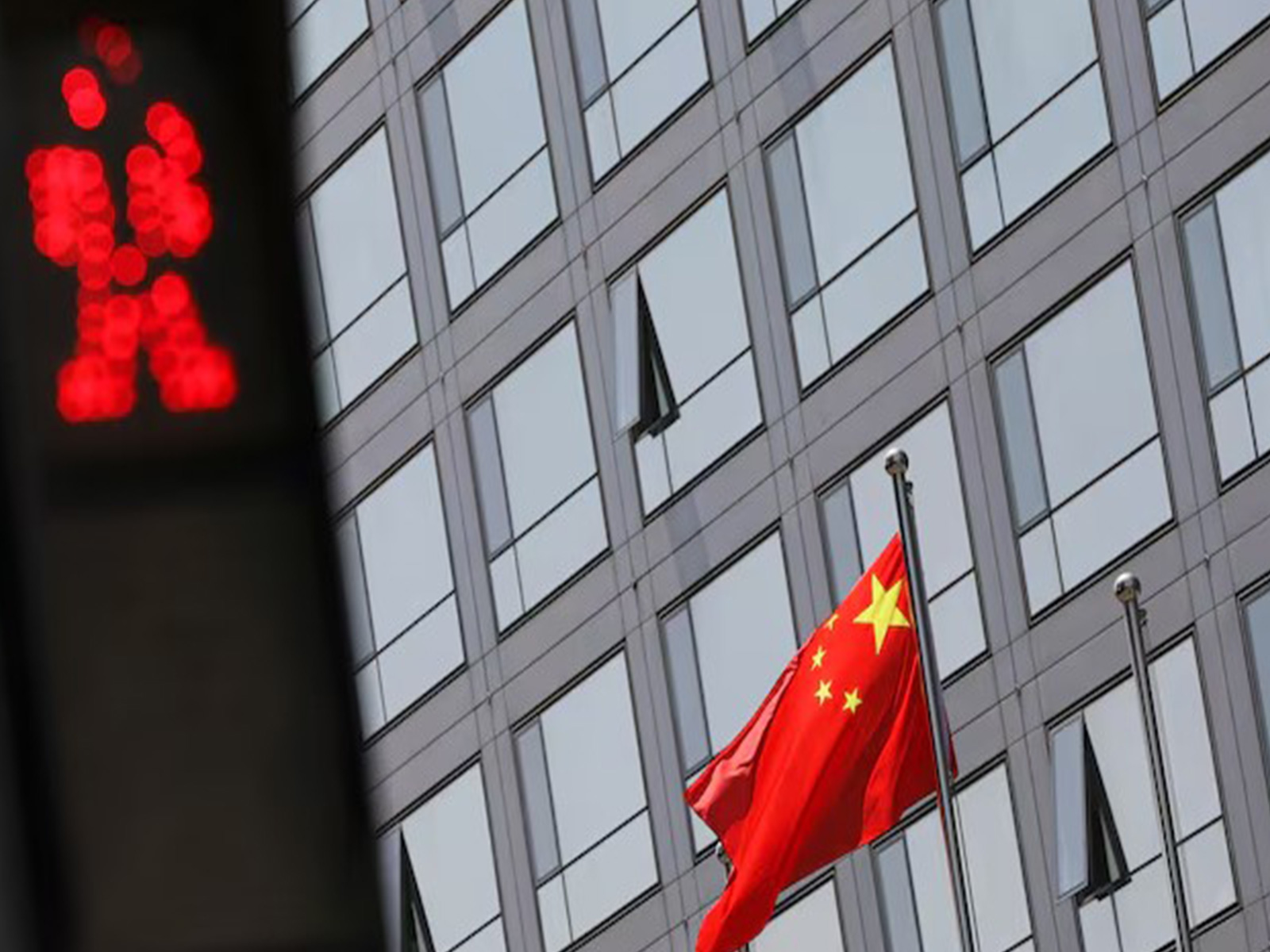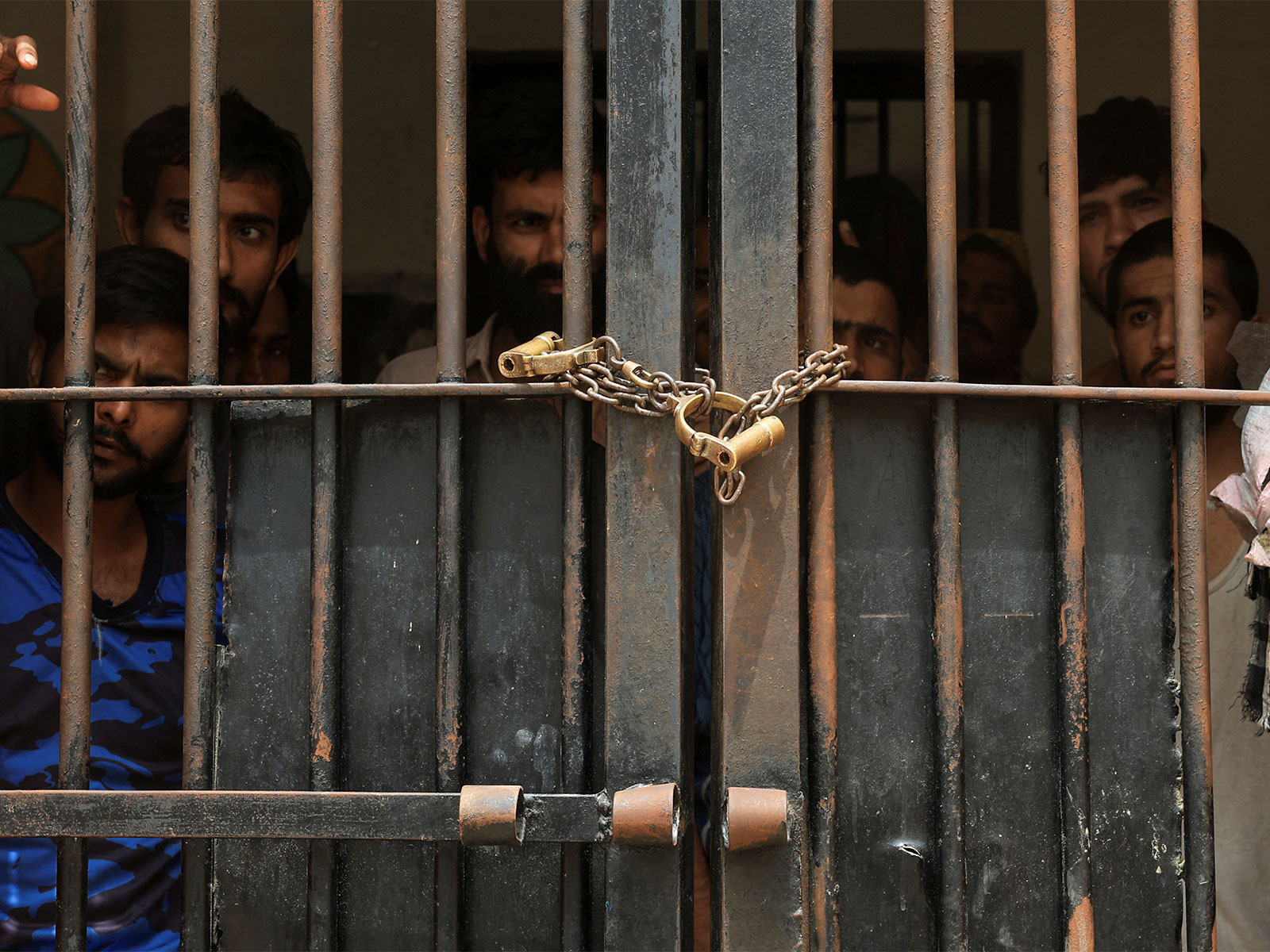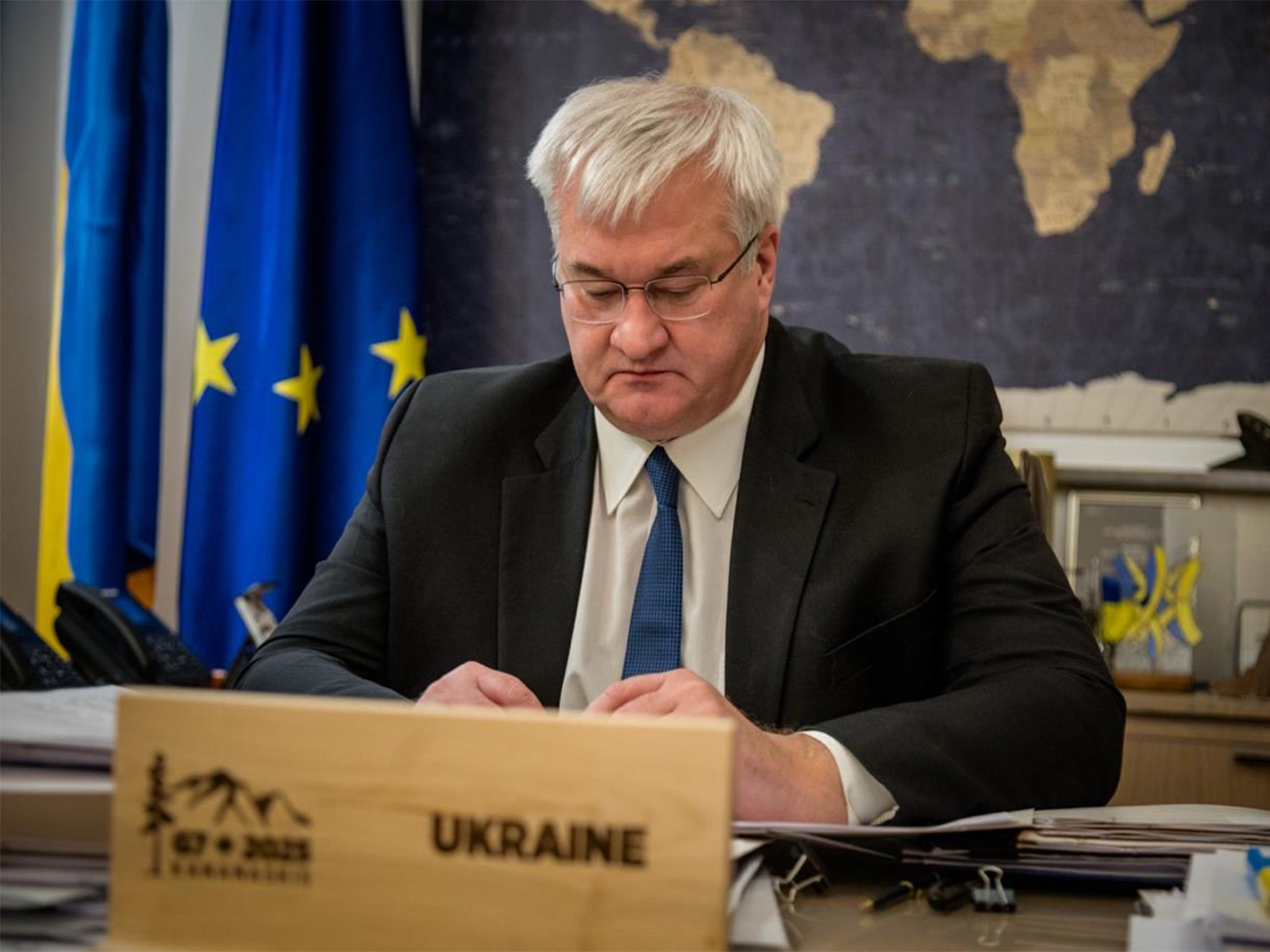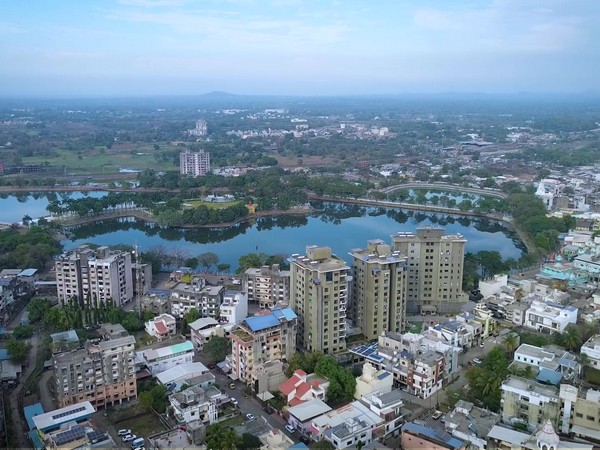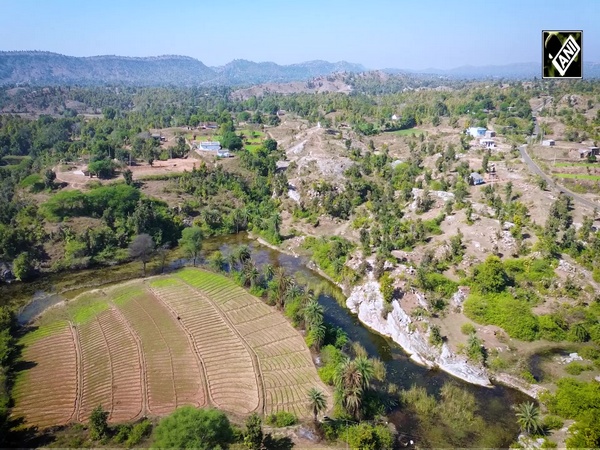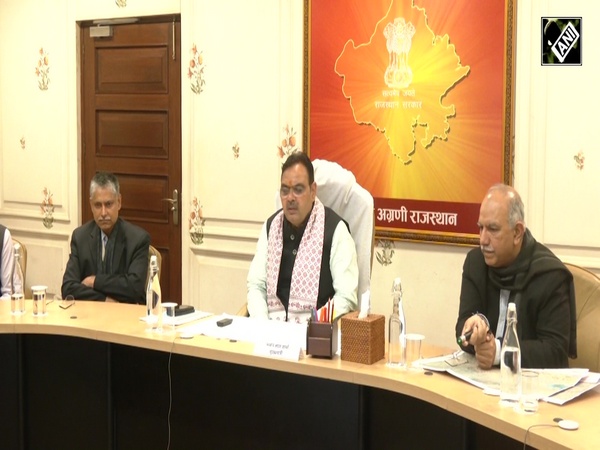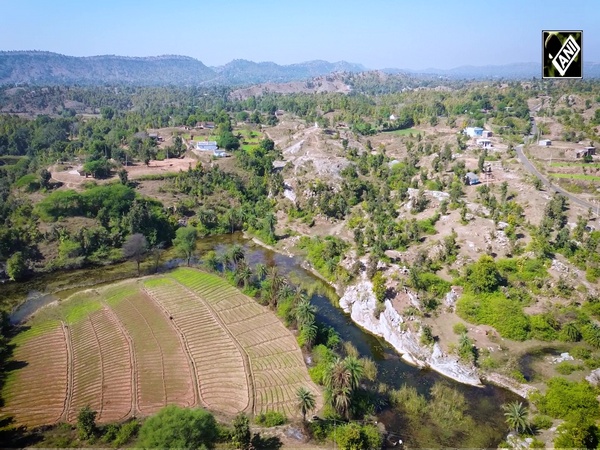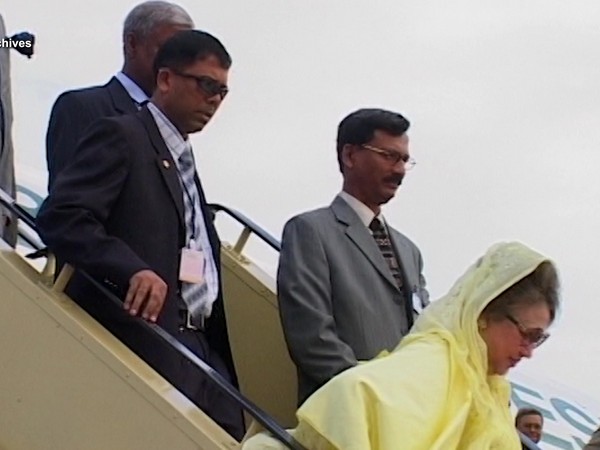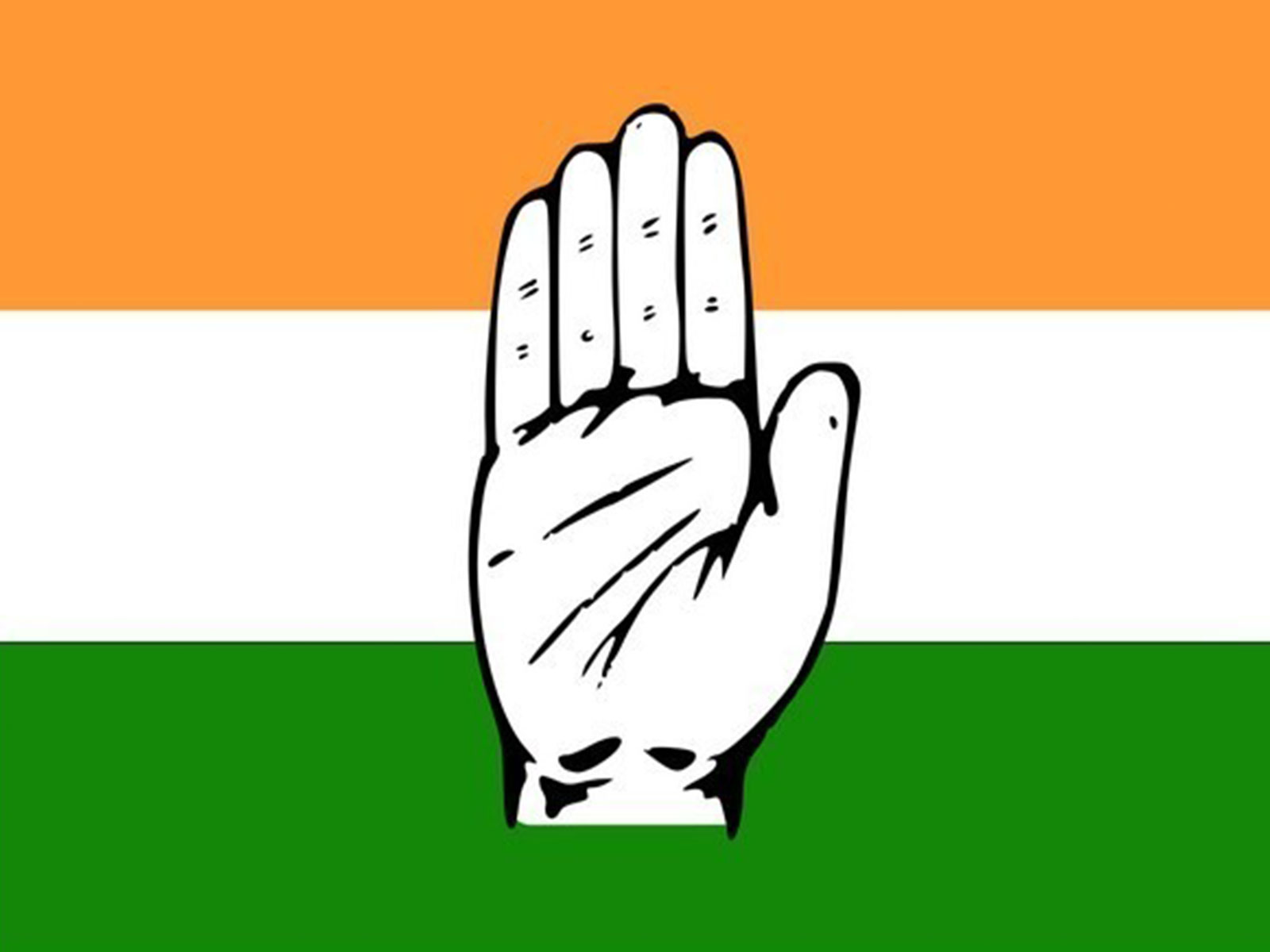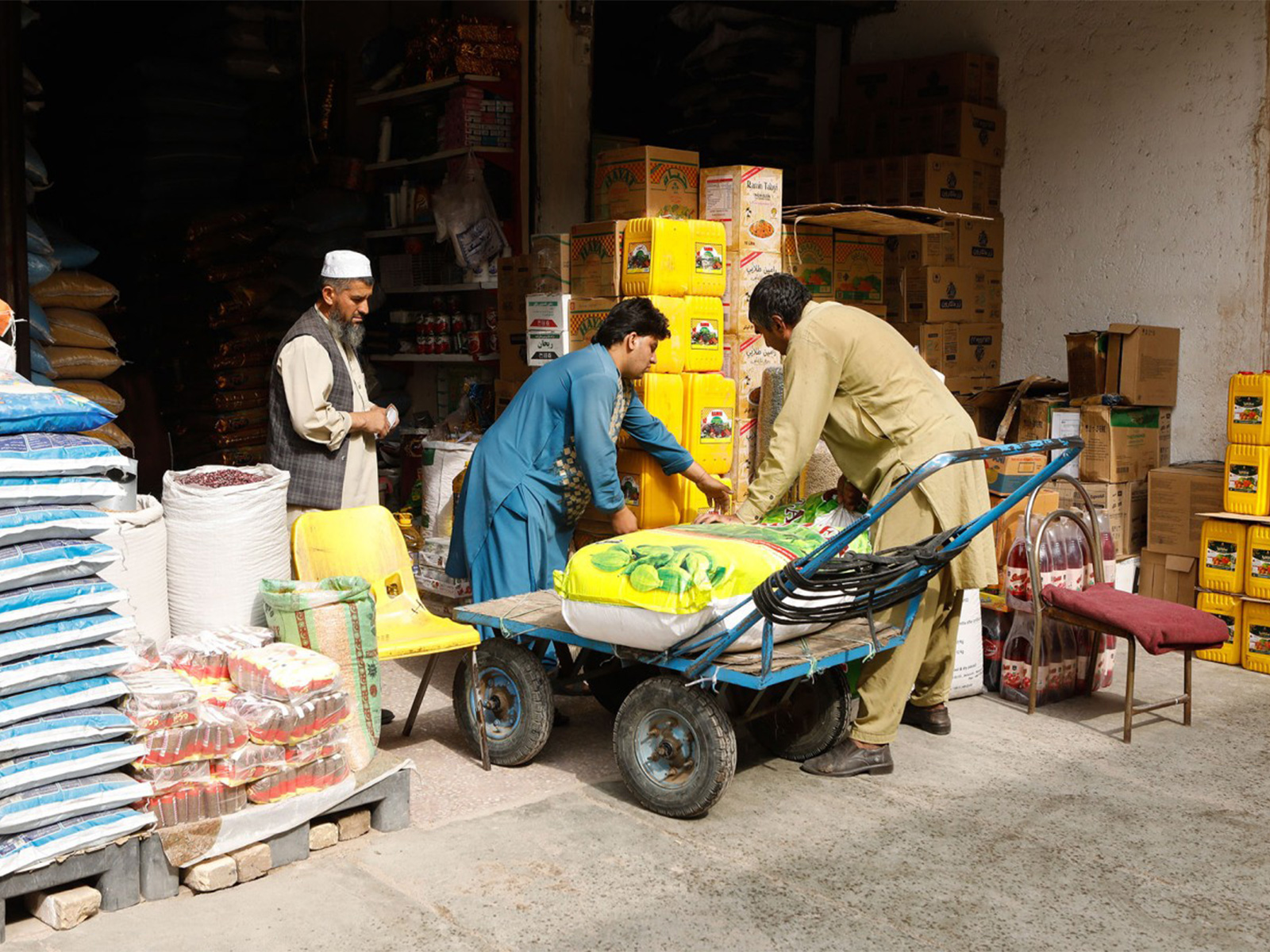
Pakistan's border conflict with Afghanistan chokes food supply, punishes its own traders
Oct 25, 2025
Muzaffarabad [PoJK], October 25 : The worsening conflict between Pakistan and Afghanistan has severely impacted the flow of fruits and vegetables across their shared borders, leading to a sharp rise in food prices and heavy losses for traders in Pakistan-occupied Jammu Kashmir (PoJK).
According to traders, the closure of cross-border trade for over a week has disrupted the regular supply of essential produce such as tomatoes, onions, pomegranates, grapes, and apples, most of which previously came from Kabul.
The halt in transport, they said, has caused massive spoilage of perishable goods and sent prices skyrocketing in local markets.
One trader, Hamza, said tomatoes that once sold for PKR 100 per kilogram are now priced at around PKR 500. "The war has stopped the supply from Kabul. Grapes and pomegranates are rotting, and the administration is paying rates that make no sense. We are losing thousands each month," he explained.
Local sellers also revealed that the administration's fixed price of PKR 390 per kilogram for tomatoes is unrealistic compared to the actual cost, which has surged to PKR 650 due to transport issues and limited availability.
"Where should we get the supply from?" one trader questioned, urging authorities to step in and facilitate cross-border trade.
The price hike has not only affected consumers in Pakistan but has also left Afghan traders struggling to sell their produce. Many report significant losses due to the inability to export fresh fruits and vegetables before they spoil.
"Every day of the war adds to our losses," a Kabul-based trader stated.
Market observers warn that if the border closure continues, Pakistan's already inflation-stricken economy may face another wave of food insecurity.
The Sabzi Mandi in particular remains one of the worst-hit hubs, where daily business losses are estimated to be in the range of PKR 40,000 to PKR 2.5 lakh per trader.
The Pakistan-Afghanistan conflict has thus transformed from a geopolitical standoff into a humanitarian and economic crisis, one that is being felt most acutely in the kitchens and marketplaces.

